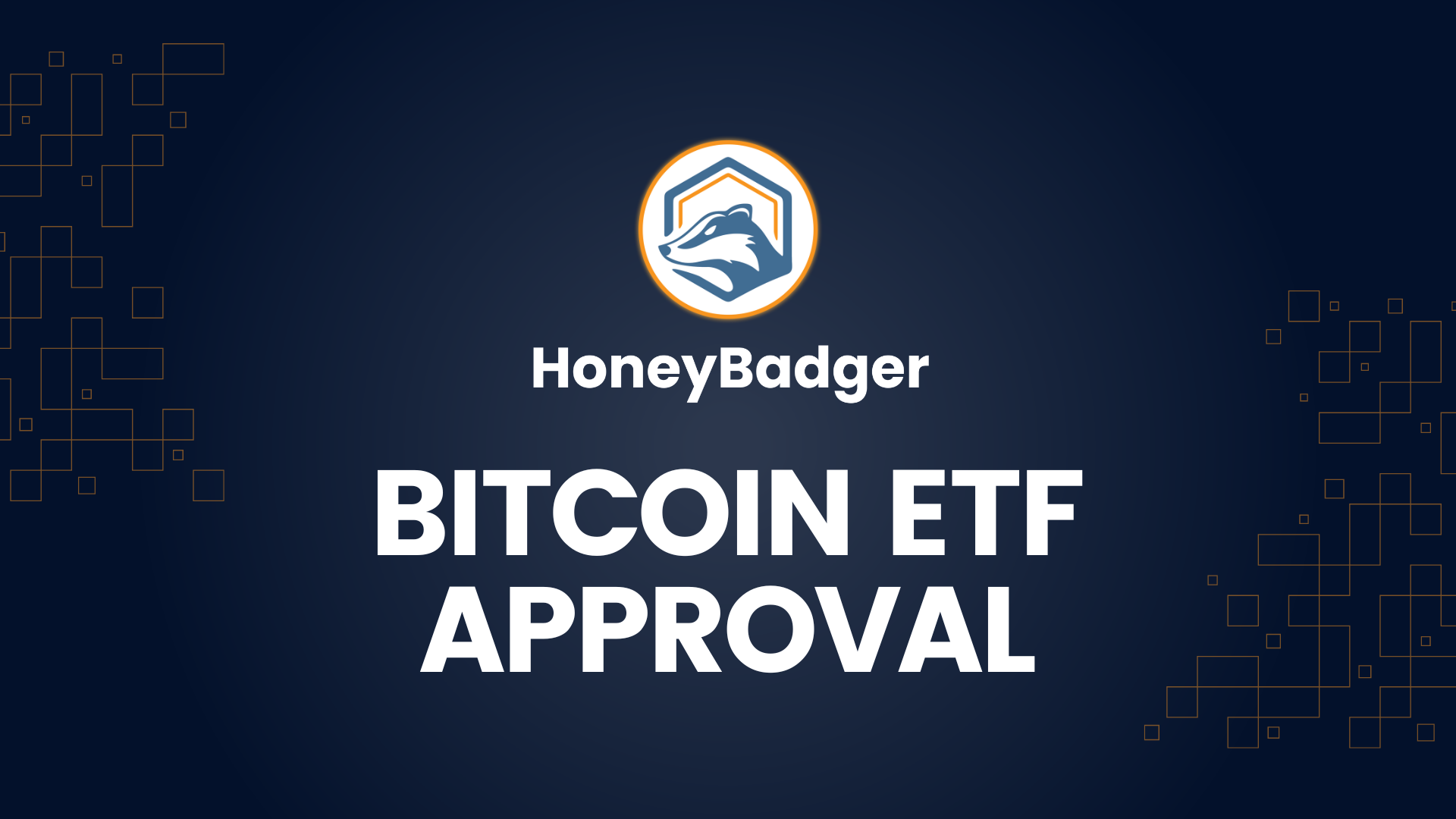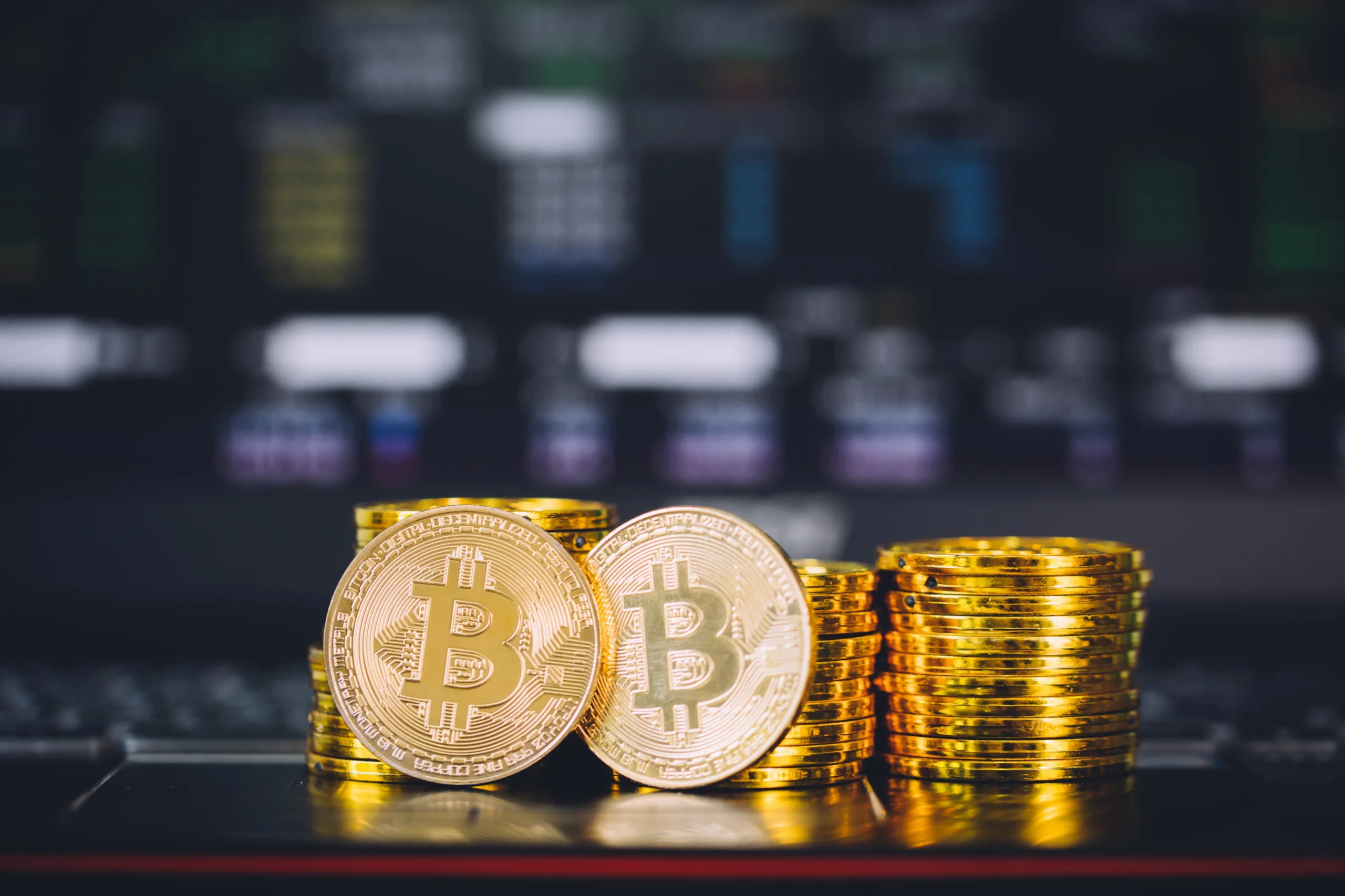
Bitcoin Halving: Another Revolution in Bitcoin!
The much-anticipated Bitcoin halving event is almost here, marking another significant occasion in the cryptocurrency sphere. What exactly is a halving? It’s the process where
Discover our Blogs covering the latest news in bitcoin and cryptocurrency.

The much-anticipated Bitcoin halving event is almost here, marking another significant occasion in the cryptocurrency sphere. What exactly is a halving? It’s the process where

In a stunning financial development, Bitcoin has shattered expectations, soaring past the USD$60,000 mark for the first time since November 2021. This surge reflects a

In the everchanging realm of cryptocurrency, the identity of Satoshi Nakamoto, the architect of Bitcoin, remains the most captivating mystery. Back in 2008, an individual

The approval of 11 spot Bitcoin Exchange Traded Funds (ETFs) by the U.S. Securities and Exchange Commission on January 10th, 2024, heralds a significant development

In a world dominated by the constant flux of news cycles, it’s natural to expect that the inherent volatility of the financial markets would extend

In the intricate world of Bitcoin’s blockchain, a phenomenon known as “Bitcoin halving” reverberates as a cornerstone event. Halving entails a reduction in mining rewards
Established in 2016, HoneyBadger is your secure partner in Canadian cryptocurrency investment.
Subscribe to our newsletter for the latest news in cryptocurrency.